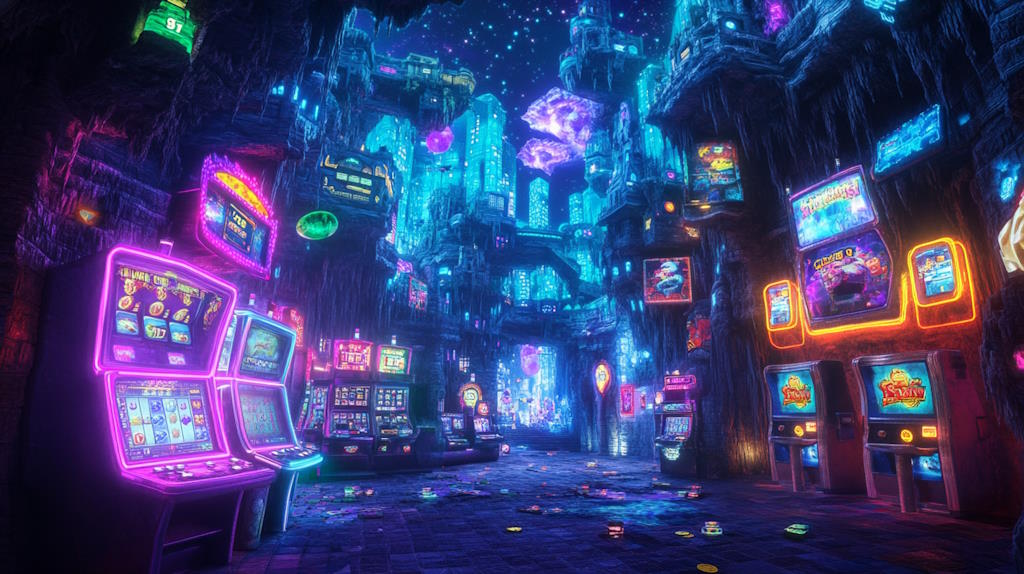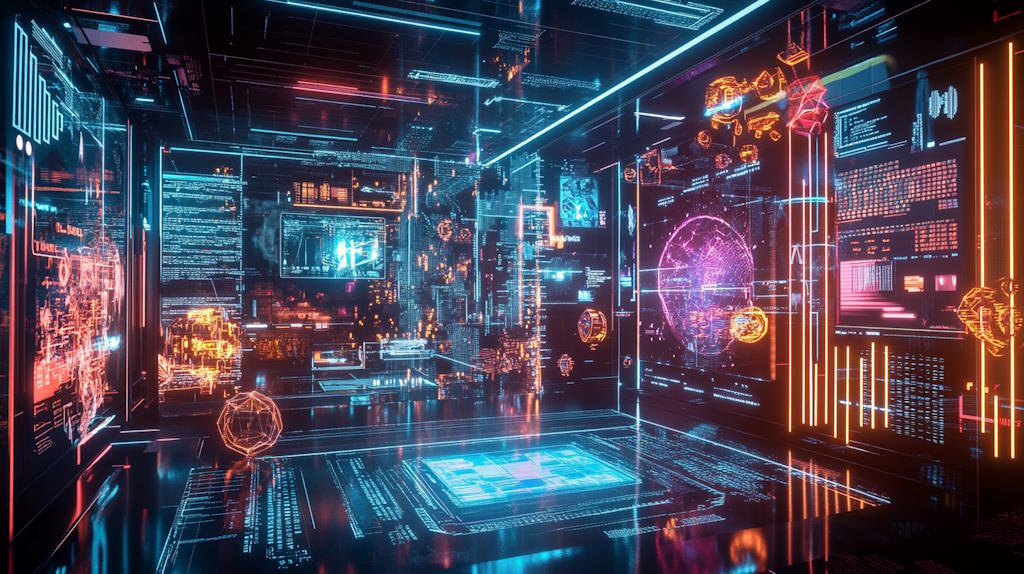How Video Games Enrich Our Lives?
Video games have come a long way since their early beginnings in the 1970s and 80s. What was once a simple pastime enjoyed mostly by children and teenagers has evolved into a multi-billion dollar industry and a ubiquitous part of popular culture. As gaming technology has advanced, so have the experiences and immersive worlds created within games. This evolution has profoundly impacted how we live and interact with technology. From social connection to problem-solving, modern video games have left a positive mark on society.
Casino Slots
Video games have influenced the design of modern slot machines in casinos. Developers have drawn inspiration from atmospheric qualities, visual spectacle, and sound design of popular gaming titles to keep players immersed. Apart from using promotions, casinos often offer no deposit bonuses in the form of free spins, as seen at https://gryonline2.pl/darmowe-spiny/, to attract new users. Casinos must also invest to avail their users’ video game-themed slots to maintain players. Most casinos have also implemented video game mechanics like,
- Bonus rounds,
- Unpredictable results,
- Social functionality,
- In-game purchases,
- Competitive leaderboards.
These mechanics carry the legacy of video games into slot game design by tapping into similar dopamine hits and satisfaction players can associate.

Social Connection and Community
The biggest impact of modern video games is how they have facilitated social connection and brought people together into online communities. With many games now featuring online multiplayer modes, the ability to play and interact with others around the world in real time has been transformative. Games like Fortnite and League of Legends have fostered tight-knit communities and sparked real-life friendships between players, providing a space for socialising, teamwork, and companionship regardless of distance. For many, video games serve as a primary mode of social interaction and a source of meaningful relationships even when physically isolated.
Improved Coordination and Dexterity
Modern video games improve hand-eye coordination, dexterity, and cognitive skills. Regular gameplay boosts manual reaction times, task-switching abilities, and attention to detail. Games involving real-time strategy, first-person shooter mechanics, and intricate instrument panels strengthen visuospatial processing, reasoning under pressure, and mind-body coordination for activities like flying or driving. As games offer immersive simulated environments, they function as hands-on virtual training tools.
Stress Relief and Emotional Outlets
Given our demanding, busy lives, video games can provide an important outlet for relieving stress and pressure in a fun, distracting way. Rather than letting daily frustrations negatively impact our well-being, games transport us to engrossing new worlds where we have a sense of control and accomplishment. Especially in times of turmoil, the escape and catharsis of gameplay are invaluable. Popular genres like puzzle, simulation and adventure/role-playing games, in particular, allow us to switch off and solve problems or embark on exciting quests at our own pace with a calm, leisurely mindset. They transform anxiety and restlessness into pleasant absorption and satisfaction at achieving in-game goals.
Learning History and Culture
A number of modern video games are thoughtful works of interactive historical fiction and cultural storytelling. Titles like Assassin’s Creed and Civilization not only transport us back in time but also facilitate exploration and meaningful learning about real historical eras, events, and figures in an entertaining way. By dropping players directly into living re-creations of Renaissance Italy, Revolutionary Paris, or Ancient Egypt, which are complete with authentic architecture, technologies, characters, and ideologies of the period, games spark interest in history and enhance understanding better than textbooks alone. They also shine a light on cultural practices, traditions, and perspectives from all across the globe in a captivating format that is accessible to players of any background.
Creative Self-Expression
The tools available in some games today, like Sims, Minecraft, and Dreams, empower boundless creative expression and envisioning by players. They provide an intuitive virtual sandbox for designing characters, buildings, worlds, stories, music and more according to each person’s unique tastes and imagination. Far from passive consumption, these titles spark inner creativity, problem-solving through interactive trial and error, resourcefulness and passion for crafting. Online communities further cultivate sharing original player-made content and inspiring others in a mutually supportive, collaborative spirit. Creative modes open an outlet for immersing oneself in artistic skills and hobbies on a large scale whenever preferred.
Analytical Thinking and Strategizing
Whether dodging enemies in fast-paced shooters or contemplating long-term tactics on the game board of Civilization or Crusader Kings, modern video games present situations that challenge thoughtful strategising, risk assessment, logical reasoning and adaptive planning skills; players must analyse environments, synthesise information from many variables, predict outcomes and intelligently work through complex systems to achieve objectives against live opponents or scenarios. Games even mirror real-world domains like economics, engineering or military/political simulation to hone applied problem-solving abilities in an engaging format. This type of ‘edutainment’ provides unexpected mental exercise with applications well beyond the screen.
Careers and Job Readiness
With growing gaming industries come greater opportunities for carving careers in fields like programming, 3D animation, game design, marketing and esports. Some top universities now offer competitive video game degree programs to prepare graduates for high-paying roles at major studios. Even outside the gaming sector, soft skills learned from games, like communication, teamwork, multi-tasking, adaptability and working under pressure, directly translate to job readiness and success across industries. Exposure to cutting-edge technologies through gaming also cultivates technology literacy and an affinity for staying ahead of the latest innovations that are in demand within many industries.

Healing and Therapy
In addition to cultivating cognitive abilities and job skills, video games show potential as low-cost therapeutic tools or adjunct therapies when designed for health purposes. Titles exposing players to calming nature scenes reduce stress, while games with musical or creative elements aid relaxation as alternatives to pharmaceuticals. Custom serious games assist physical/occupational therapy for conditions like Parkinson’s or even help dementia patients through cognitive stimulation and social interaction. Other games support patients through challenging health issues by fostering community support and virtual socialisation during recovery. The immersive, empowering aspects of gaming can provide healing psychological benefits as well as build skills when applied thoughtfully.
In Summary
Interactive video games significantly shape our lives and capacities in positive ways, from social activities to creative expression and training mental faculties. As gaming technology advances, the impacts on players and societies will continue to be significant. Video games cultivate life skills and provide leisure enjoyment, demonstrating untapped potential for personal growth and improving health when used judiciously.




